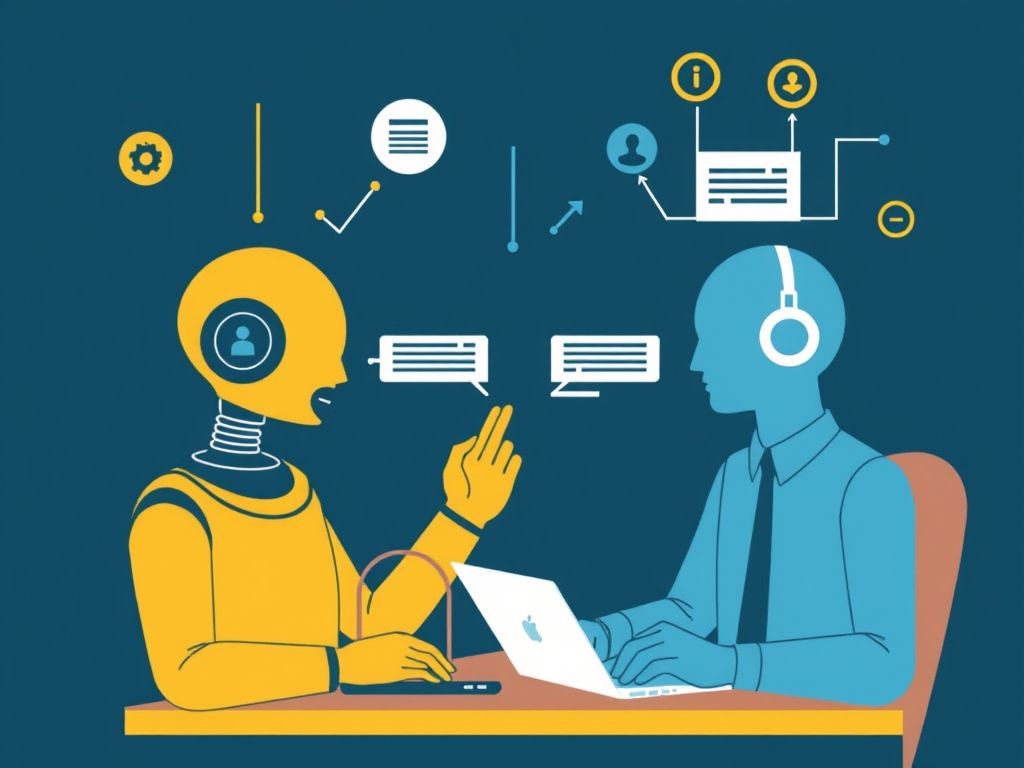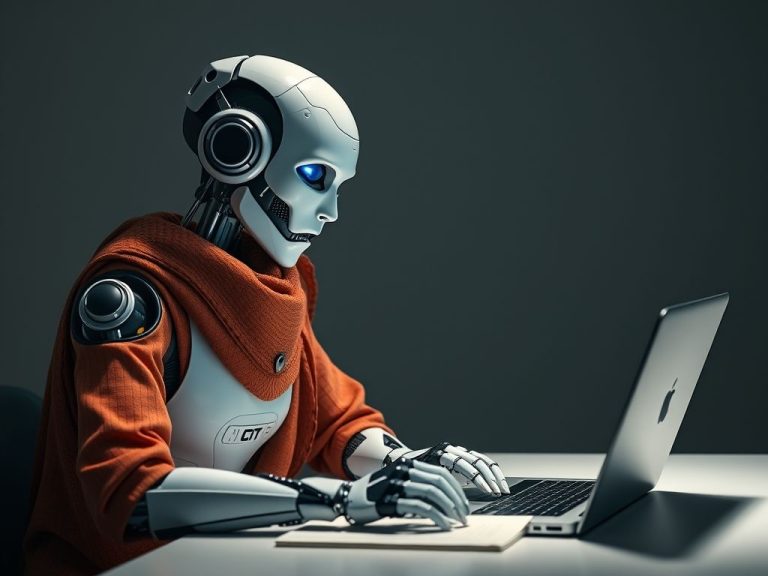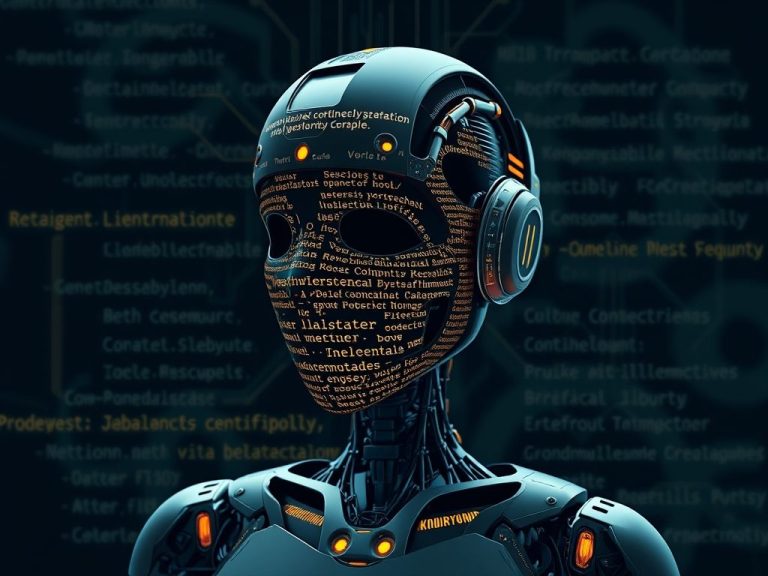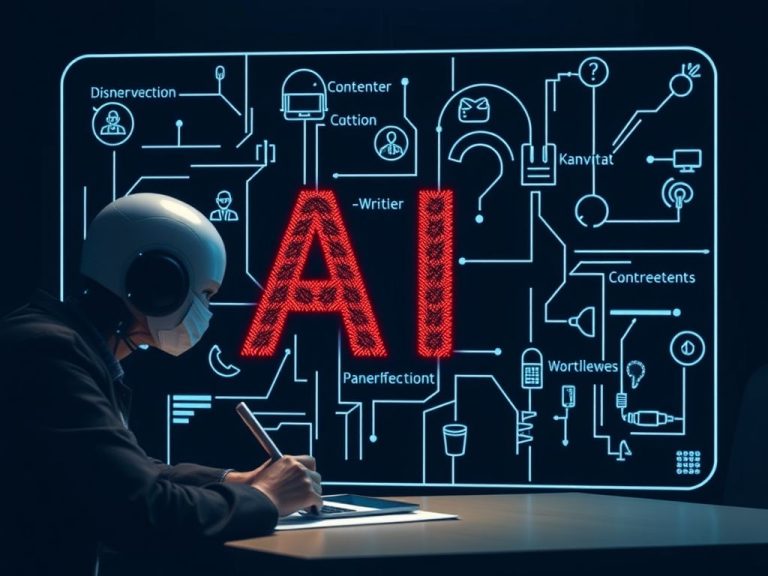How AI to Human Text Converters Are Shaping Content Creation
In the current age of virtual transformation, Artificial Intelligence (AI) has end up an important device in content material introduction. As industries evolve and the call for for fast, relevant, and awesome content rises, AI to Human textual content converters have emerged as a sport-changer. These superior AI tools are revolutionizing how content is generated, edited, and personalized, substantially impacting virtual advertising and marketing, copywriting, journalism, and different styles of content material production. In this newsletter, we are able to discover how AI to Human textual content converters are shaping content material introduction by using improving efficiency, enhancing high-quality, and providing modern answers to innovative challenges.
Understanding AI to Human Text Converters
AI to Human text converters use herbal language processing (NLP) and system mastering algorithms to transform raw data, insights, or automated content into human-like textual content. These gear are able to analyzing complex records units, understanding context, and producing coherent, readable text that mimics human writing fashion. By using deep gaining knowledge of techniques, those AI structures are trained on widespread amounts of textual content records, letting them generate content that feels organic and nuanced.
One of the primary benefits of AI to Human text converters is their capacity to supply remarkable content at scale. Traditional content material introduction techniques often require huge human attempt, together with brainstorming, research, writing, and editing. With AI tools, businesses can quickly generate content material, saving time and resources whilst keeping the best of the output. This is specifically useful in industries wherein velocity and consistency are critical, inclusive of advertising, social media management, and e-commerce.
AI to Human Text Converters and Content Personalization
Personalization is a crucial issue of current content advent, especially in advertising and consumer engagement. AI to Human text converters are pretty effective in growing personalised content material that resonates with particular audiences. By reading user records, choices, and browsing conduct, AI equipment can generate tailor-made content material that speaks immediately to character desires and pastimes.
For example, e-trade systems can use AI to generate product descriptions and personalized tips based on a consumer’s surfing history. Similarly, content creators can leverage AI to generate blog posts, emails, or social media updates that align with the tone, voice, and choices of their target market. This stage of personalization not handiest increases person engagement but also enhances patron pleasure by way of delivering content that is relevant and meaningful.
The Role of AI in search engine optimization and Content Optimization
Search Engine Optimization (SEO) is an imperative part of virtual content introduction, ensuring that content is discoverable by using engines like google and ranks high on seek results pages. AI to Human textual content converters play a large position in search engine marketing by means of assisting creators optimize their content material for higher search visibility.
These AI gear can examine search engine optimization key phrases, developments, and search patterns to indicate content material techniques that align with what users are attempting to find. Additionally, they can help optimize content material for clarity, keyword density, and meta descriptions, improving its probabilities of ranking better in search engine effects. AI-driven content material optimization no longer only helps boost SEO overall performance but additionally guarantees that the content is aligned with seek reason, in the long run using greater natural site visitors to websites.
Challenges and Ethical Considerations of AI in Content Creation
While AI to Human text converters offer severa benefits, there are also challenges and moral concerns that need to be addressed. One of the most great worries is the potential for AI-generated content to lack originality and creativity. While AI can mimic human writing styles, it can not usually seize the nuances, emotions, and subtleties that a human creator can inject into their work. This could bring about content that feels formulaic or robot, decreasing its impact on readers.
Moreover, the large use of AI in content material creation raises concerns about plagiarism, as AI-generated content material would possibly by chance resemble existing works. There is also the hazard of AI getting used to provide misleading or biased content, particularly if the education information is skewed or biased. Ensuring that AI tools are obvious, moral, and often up to date is critical to avoid those pitfalls.
Table: Comparison of AI to Human Text Converters in Content Creation
| Feature | Traditional Content Creation | AI to Human Text Converters |
|---|---|---|
| Speed of Content Creation | Slow; requires time for research and writing | Fast; generates content in a fraction of the time |
| Quality of Output | High-quality, but dependent on writer’s skill | High-quality, mimics human writing style |
| Customization and Personalization | Requires manual adjustments and segmentation | Automates personalized content based on user data |
| SEO Optimization | Requires manual keyword research and optimization | Automated SEO suggestions and content optimization |
| Cost of Production | High; involves multiple human resources | Low; reduces the need for human labor |
| Ethical Considerations | Dependent on writer’s ethical standards | Concerns about bias and originality |
| Creativity and Originality | Highly creative, with human touch | May lack creativity and depth, depends on algorithms |
Conclusion
AI to Human text converters are rapidly transforming the content creation landscape, offering businesses and creators a powerful tool for generating high-quality, personalized, and SEO-optimized content at scale. While they provide significant advantages in terms of efficiency and cost-effectiveness, the ethical implications and challenges associated with AI-generated content cannot be overlooked. As AI continues to evolve, it is essential for creators and businesses to strike a balance between utilizing AI tools for efficiency and maintaining the authenticity and creativity that human writers bring to the table. By leveraging AI responsibly and ethically, the content creation industry can continue to thrive in this new digital era.






